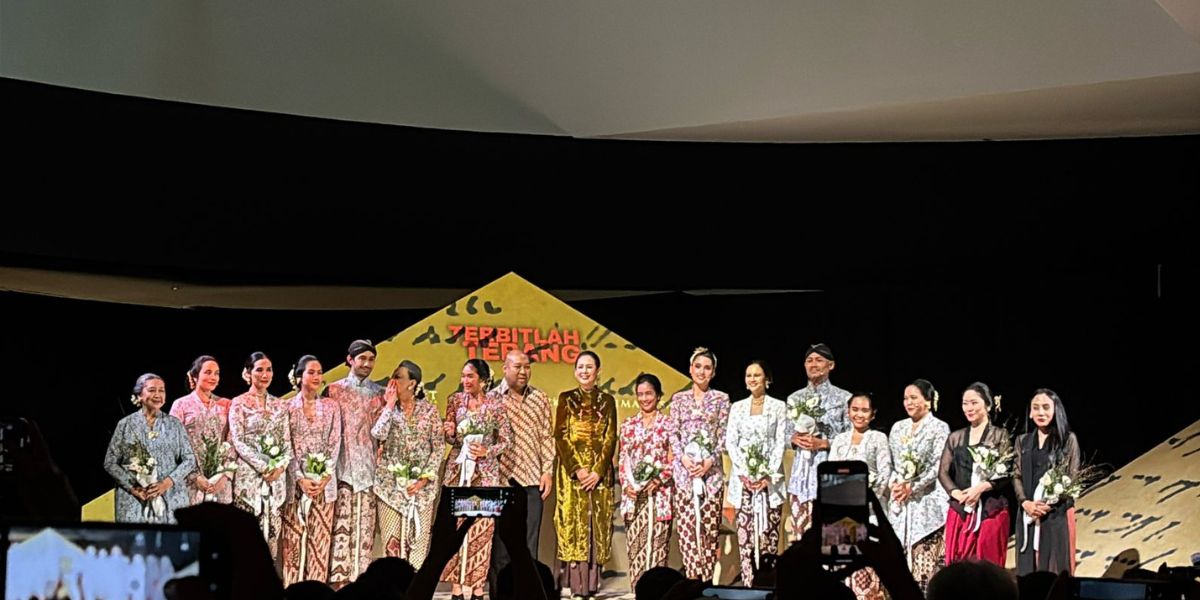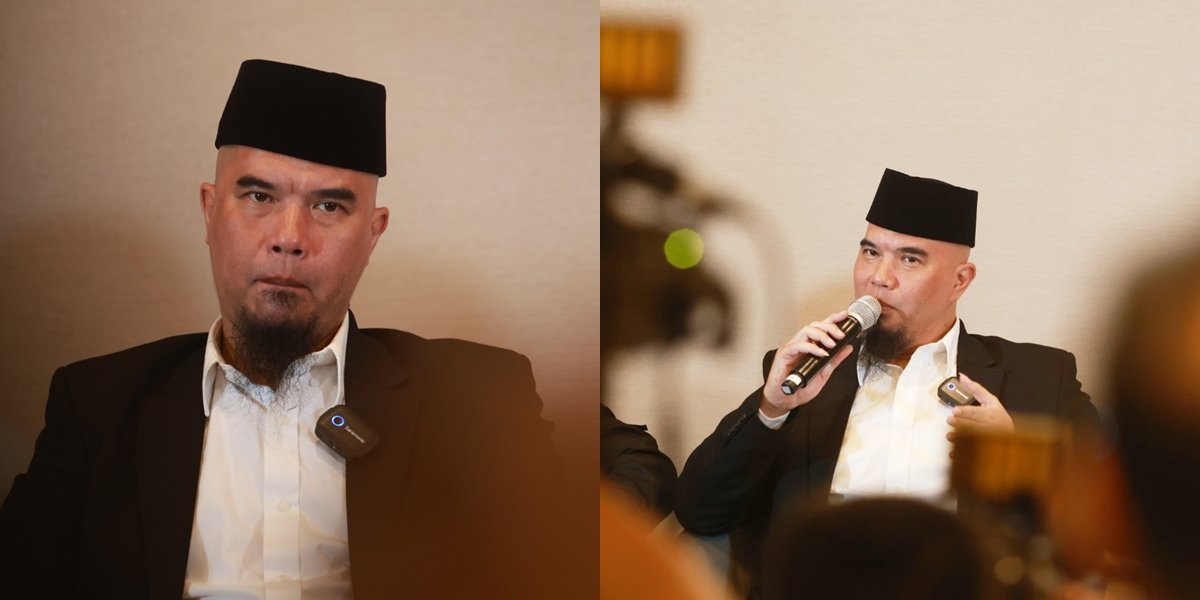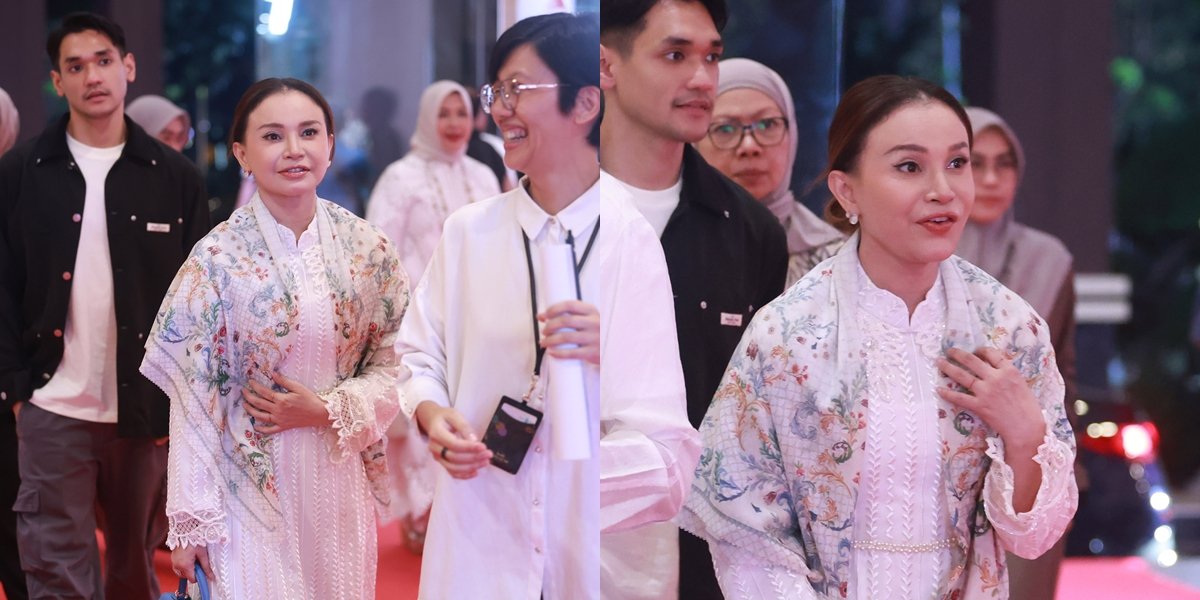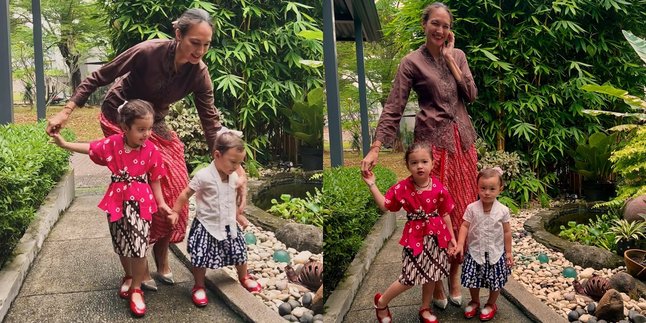Kapanlagi.com - In commemorating Kartini Day, Titimangsa together with the Bakti Budaya Djarum Foundation invites multigenerational artists to unite in a literary and vocal performance titled TERBITLAH TERANG: READING LETTERS AND IDEAS OF KARTINI held at the National Museum of Indonesia, Jakarta. The performance is a tribute to the thoughts, struggles, and spirit of Raden Ajeng Kartini, who continues to be a beacon for women and the Indonesian nation to this day.
This performance features a monologue concept read by the voices of renowned Indonesian artists such as Christine Hakim, Ratna Riantiarno, Reza Rahadian, Marsha Timothy, Maudy Ayunda, Lutesha, Cinta Laura, Chelsea Islan, Happy Salma, and Bagus Ade Putra, directed by Sri Qadariatin. These multigenerational artists not only read but also bring to life the heartfelt contents of Kartini's writings from over a century ago. Let's check out the information regarding the performance TERBITLAH TERANG: READING LETTERS AND IDEAS OF KARTINI below...
1. A Performance of Visionary Women as a Reflection of Today
Renitasari Adrian, as the Program Director of the Bakti Budaya Djarum Foundation, explained that the performance LET THERE BE LIGHT: READING LETTERS AND IDEAS OF KARTINI is a reflection of the meaning of struggle and the spirit of Kartini as a visionary woman in today's era.
�This performance is not just a commemoration of Raden Ajeng Kartini as a hero of emancipation, but also as a visionary woman who laid the foundation of self-awareness, equality, and the courage to think. Through her honest and inspiring letters, Kartini showed that great change always begins with the courage to feel, reflect, and voice the truths one believes in. This becomes an important moment for the younger generation to reflect on the meaning of struggle and continue Kartini's spirit in the present. With education, courage, and empathy, we can create a more just, equal, and humane world. Because the spirit of Kartini is not just a relic of the past; it is a light that guides our steps today and in the future,� said Renitasari Adrian in the Gambir area, Central Jakarta, on Monday (21/04).
2. R.A. Kartini's Writings Are Still Relevant Today
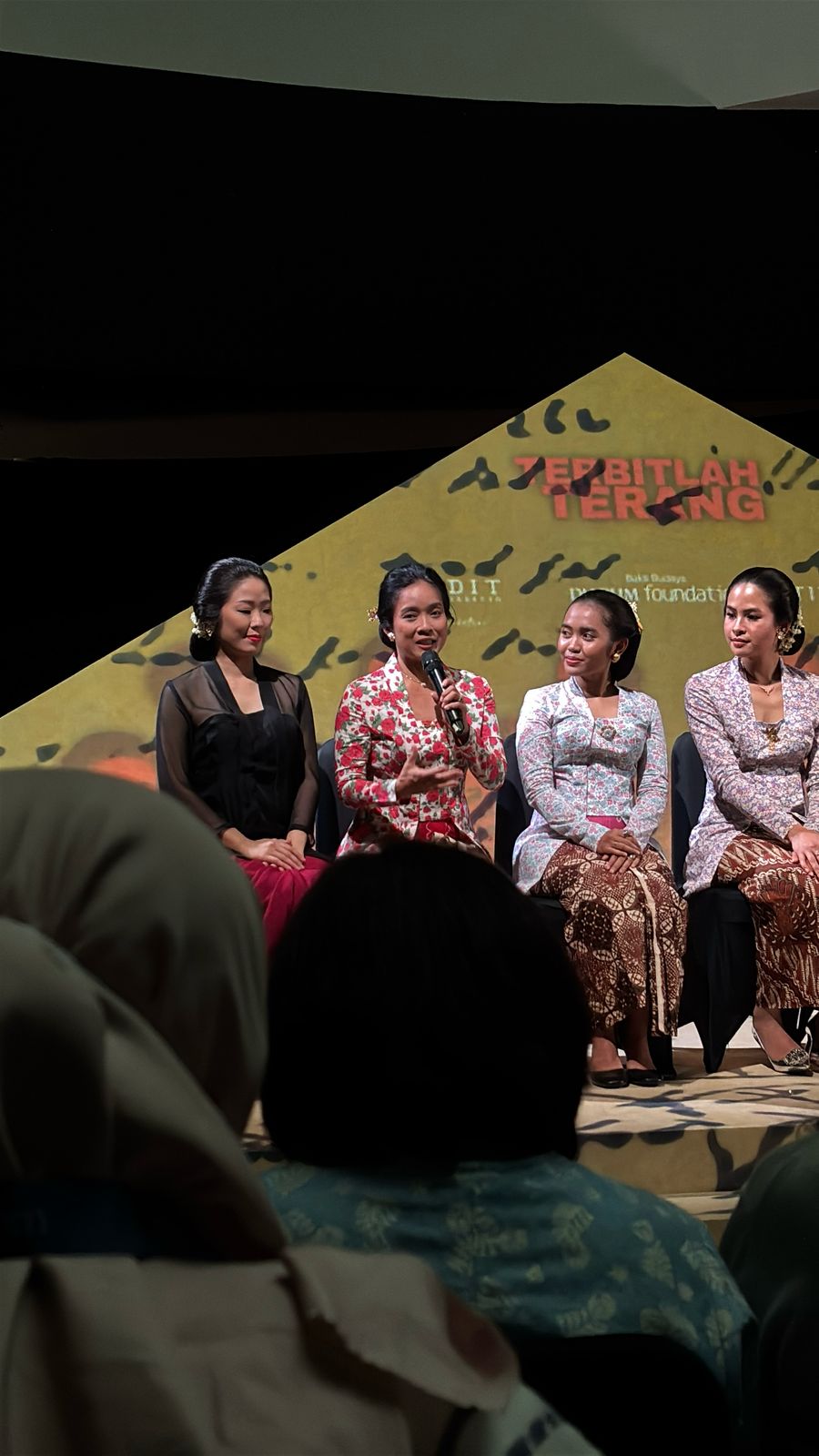
KapanLagi/Jesselin Rahardja
Sri Qadariatin also added that through this performance, Kartini is not just a historical figure, but she is present as a relevant voice to answer the challenges of the present time.
This performance is not merely a form of tribute to R.A. Kartini as a figure of women's emancipation, but also a reflective space for the public to explore the thoughts and courage of women in transcending the social and cultural boundaries of her time. Through the reading of Kartini's letters, the audience is invited to delve into the personal dimension of a visionary woman, who wrote not only as a form of self-expression but also as an effort to build collective awareness. Kartini not only left a legacy of narratives but also a spirit to think freely, feel whole, and speak honestly," said Sri Qadariatin.
3. Freedom of Thought and Literacy Are Things That Need to Be Fought For Today
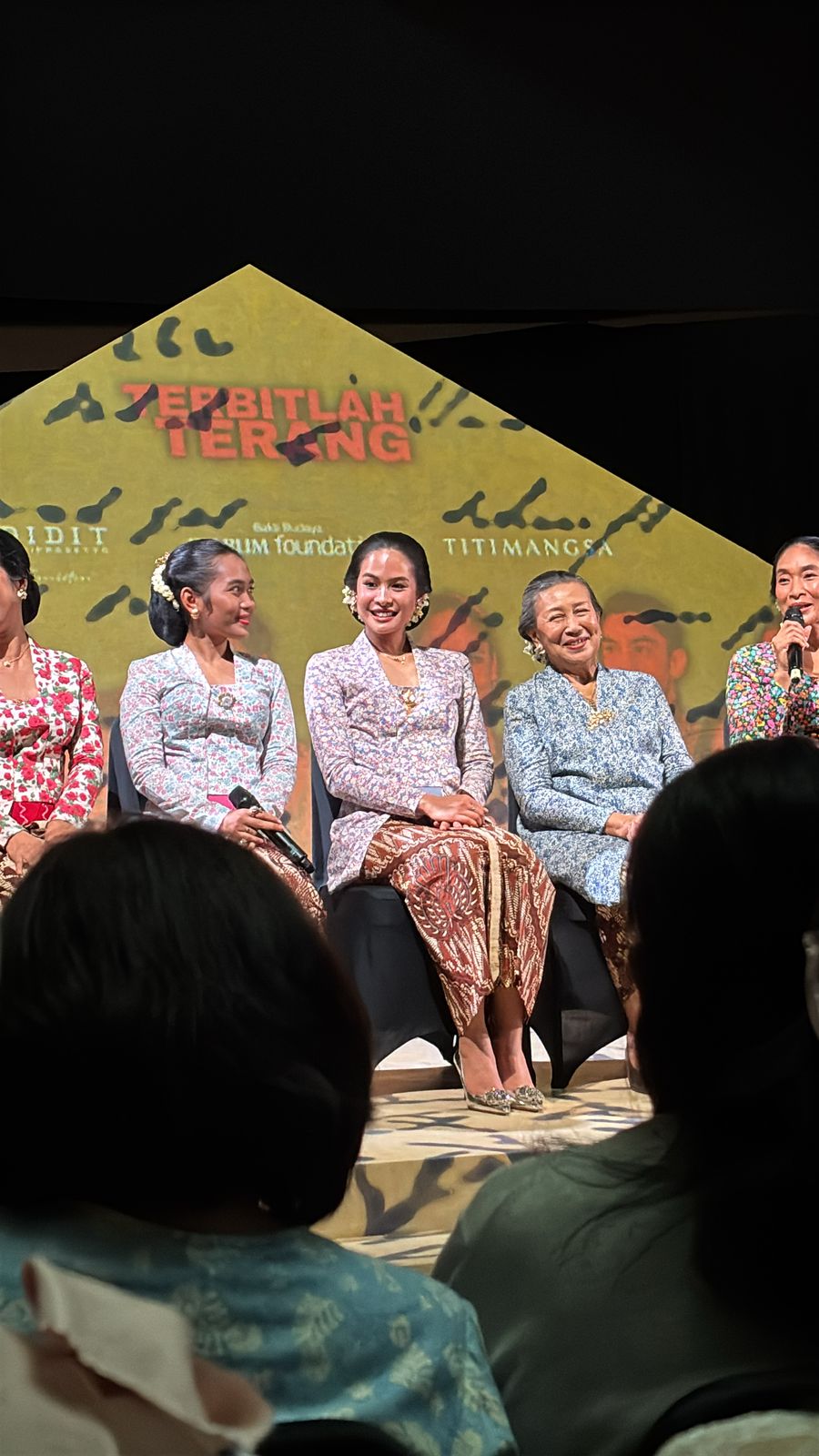
KapanLagi/Jesselin Rahardja
Maudy Ayunda explains that freedom and literacy are dimensions of Kartini's thinking that can be fought for in the present. According to Maudy, freedom of thought is the reason Kartini upheld education. In addition, Kartini's thoughts are a medium in written readings, so literature must be fought for.
"I believe that in various dimensions of Kartini's thoughts, there are still many developments that we can fight for today. For me, one of the most significant dimensions is freedom of thought, freedom of self-actualization; I believe Kartini upheld education because of this. The second is literacy; why is Kartini important? From her thoughts, she used written readings as a major part of her life. I truly believe in the importance of a learning culture, a love of reading, and a love of writing to convey our thoughts and perspectives. I hope that in this generation, there will be even more generations that will write and express their perspectives and thoughts as a form of our struggle, just as Kartini did the same before," said Maudy Ayunda.
4. Violence and Harassment Against Women as a Current Struggle

KapanLagi/Jesselin Rahardja
Cinta Laura stated that violence and sexual harassment against women in Indonesia is something that must be fought for with the spirit of Kartini today. She mentioned that despite the existence of the UUTPKS, victim blaming still often occurs in Indonesia, which undermines the value of women.
"Until now, what I am fighting for is to combat violence and sexual harassment in our country, even though the UUTPKS was enacted last year in 2022, its implementation is still far from perfect. This is very saddening; I realize that victims of violence and harassment are not only women, as men can also be victims, but women are the majority who suffer from violence and harassment occurring in our country. With the progress of time, although many things have changed for the better, our country still frequently experiences victim blaming where the victims are blamed for what happens to them. In the media, it is also expressed in ways that do not support the victims, and how can society value women if what they read and watch does not support that. My friends and I will consistently voice to Indonesia how we can be free from harassment so that women can feel safe, comfortable, and valued wherever they are," said Cinta Laura.
5. Opening of the Exhibition SUNTING: TRAIL OF INDONESIAN WOMEN AS AGENTS OF CHANGE
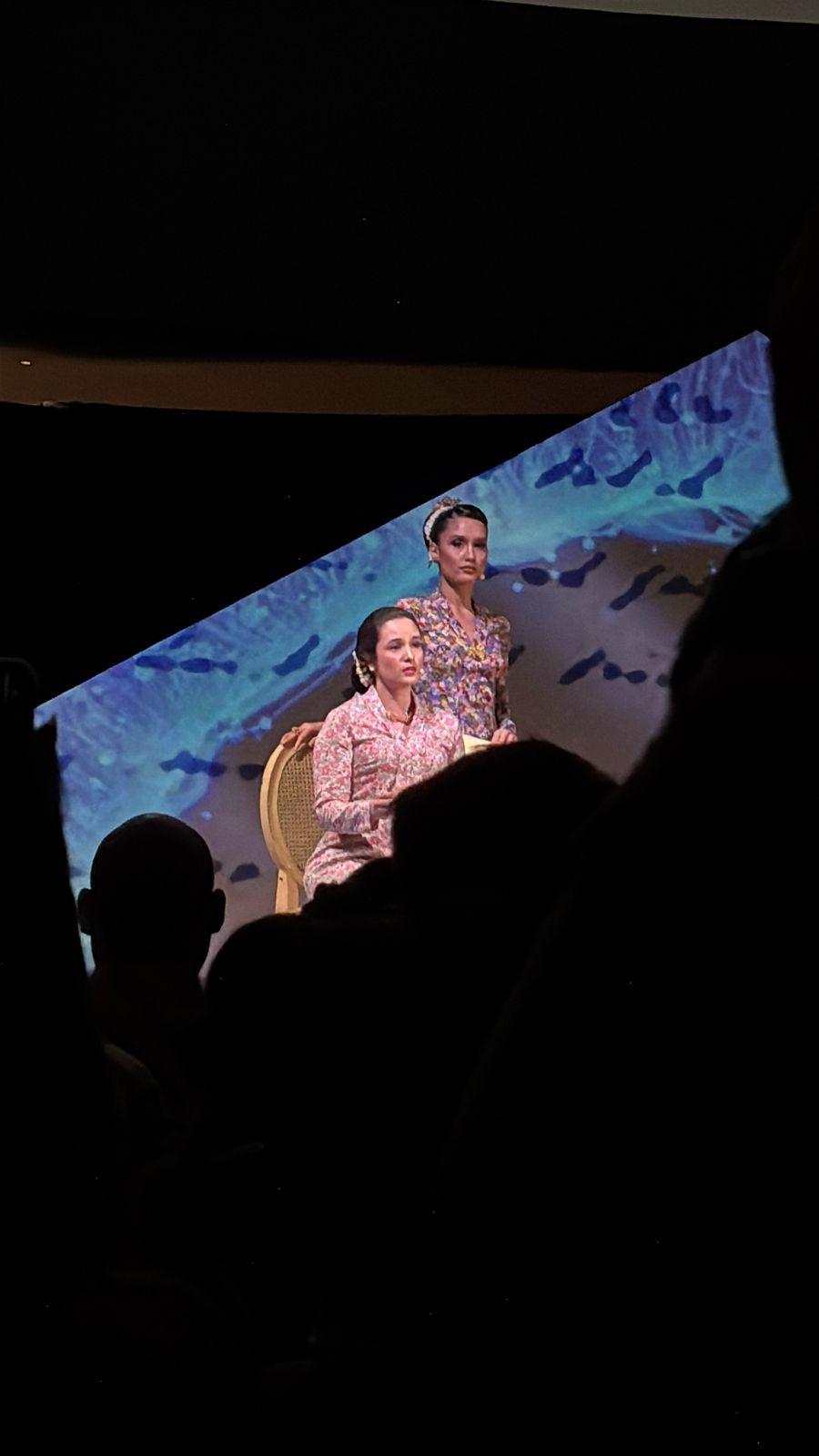
KapanLagi/Jesselin Rahardja
The performance LET THERE BE LIGHT: A READING OF LETTERS AND IDEAS FROM KARTINI is part of the opening of the exhibition SUNTING: TRAIL OF INDONESIAN WOMEN AS AGENTS OF CHANGE which will take place from April 22 to July 31, 2025, at the National Museum of Indonesia. This performance features a monologue concept of Kartini's letters taken from the book CALL ME KARTINI by Pramoedya Ananta Toer, published by Lentera Dipantara in 2006, and the book KARTINI: A COLLECTION OF LETTERS 1899-1904 by Wardinam Djoyonegoro, Volume 1, published by Pustaka Obor in 2024.
Kartini wrote her first letter to one of her pen friends, Estelle (Stella) Zeehandelaar, a feminist activist in the Netherlands. This letter became the starting point of a series of correspondence that later became widely known as an early expression of Indonesian women's thoughts on emancipation, education, and social justice. Through these letters, Kartini not only demonstrated her intelligence and social sensitivity but also her courage to challenge the unequal social structures and silence women's voices. The letter to Stella is a reflection of a cross-cultural encounter that ignites solidarity and an unstoppable spirit of the times.
Kartini's doubts are also conveyed honestly and profoundly through her correspondence with Mr. and Mrs. Abendanon, a couple who were significant supporters of Kartini's struggle. Through these letters, Kartini expresses her longing for freedom, her desire to learn, and her hopes for the future of women in her homeland.
The SUNTING exhibition is a tribute to the role of Indonesian women in history, with Sunting as a symbol of strength, dignity, and social change. From the publication of Sunting Melayu by Rohana Kudus to the struggle of R.A. Kartini, women have been actively voicing equality and shaping the direction of the nation through various fields. This exhibition invites reflection on women's contributions to building civilization and encourages our participation in the struggle for a more equitable future.
(kpl/jes)
Disclaimer: This translation from Bahasa Indonesia to English has been generated by Artificial Intelligence.
